More books about protecting our planet
Feeling inspired by Georgina's amazing recommendations for top reads to help us look after the environment? Explore our booklists for more brilliant books about making a difference!
Favourite books about the environment (younger children)
From climate change to animal conservation, these picture books, poetry collections, novels and graphic novels will encourage children and young people to think about and discuss pressing issues about the environment.
Favourite books about the environment (older children)
From climate change to animal conservation, these picture books, poetry collections, novels and graphic novels will encourage children and young people to think about and discuss pressing issues about the environment.
Eco-warriors and activists
From fighting plastic to shutting down fast fashion, explore our list of practical guides for those who want to change the world for the better.

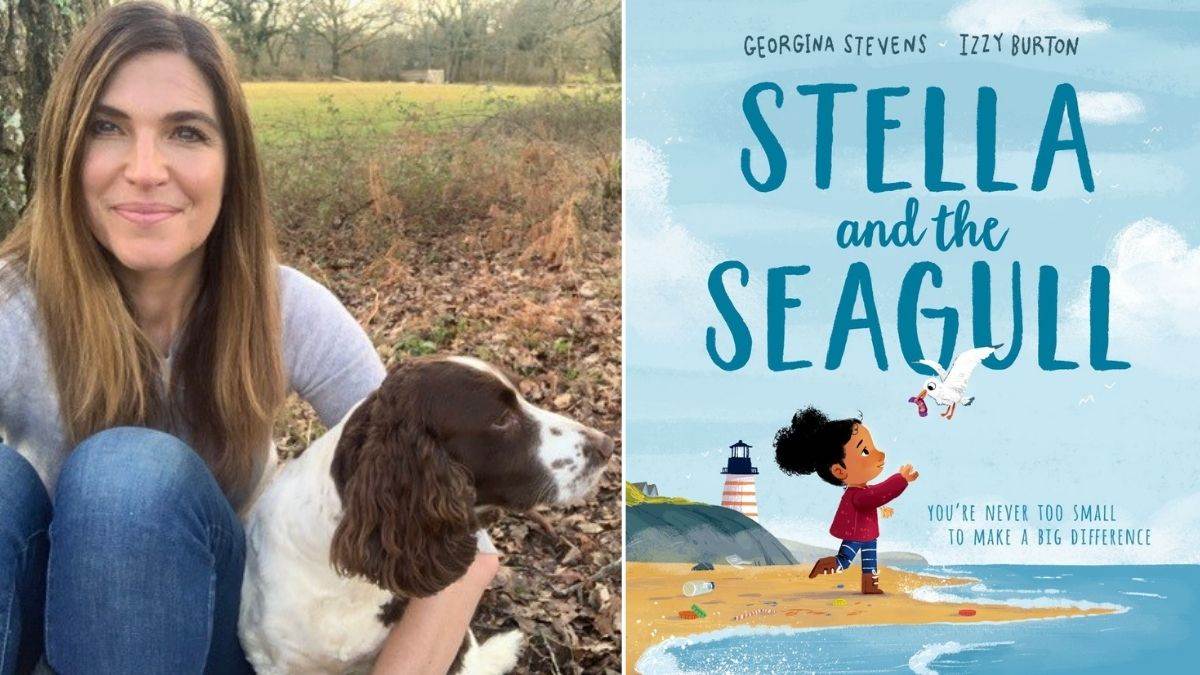
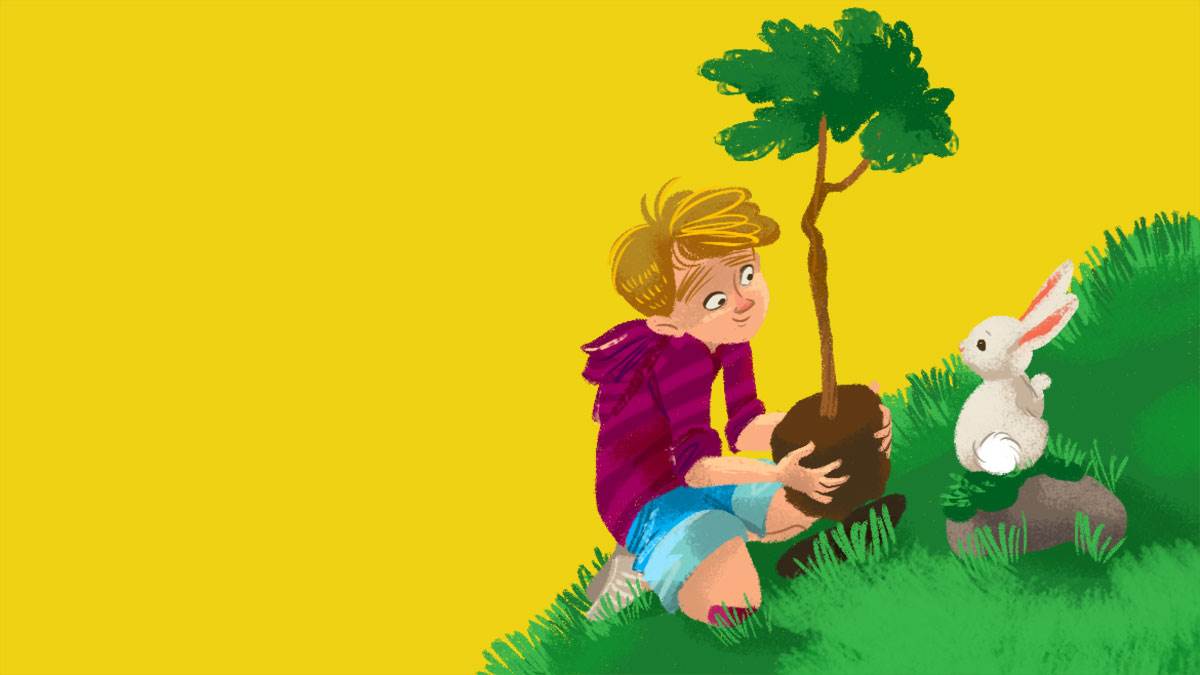 Illustration: Erika Meza
Illustration: Erika Meza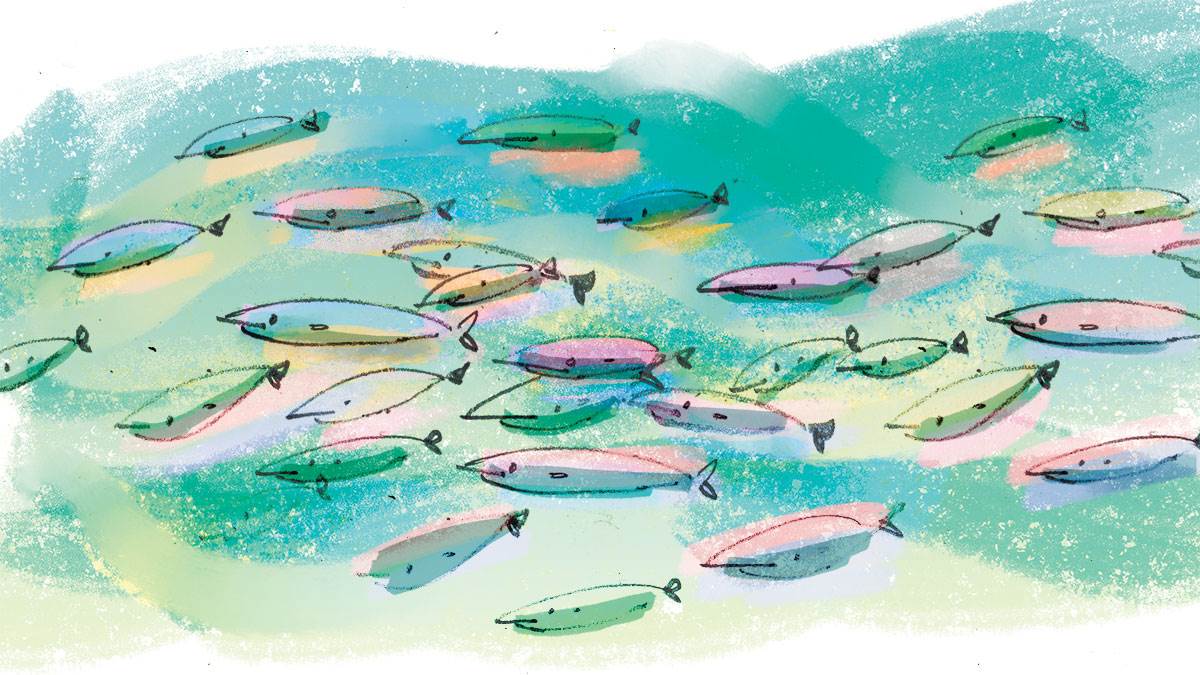 Illustration: Kate Alizadeh
Illustration: Kate Alizadeh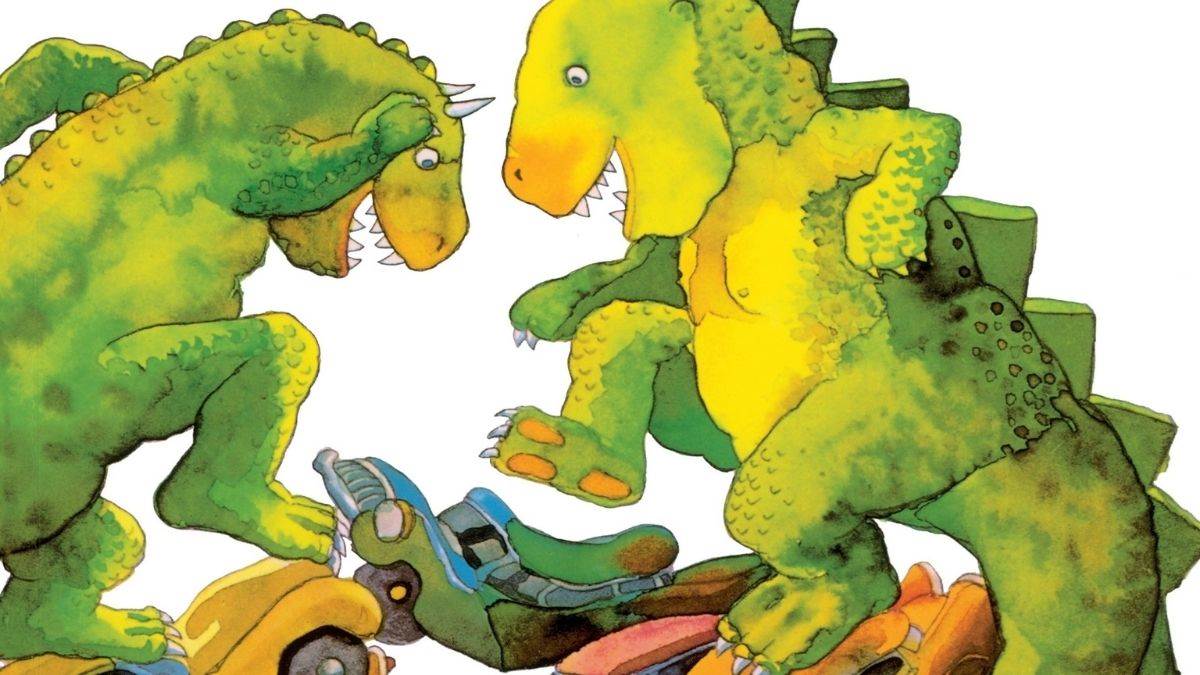 Illustration: Michael Foreman
Illustration: Michael Foreman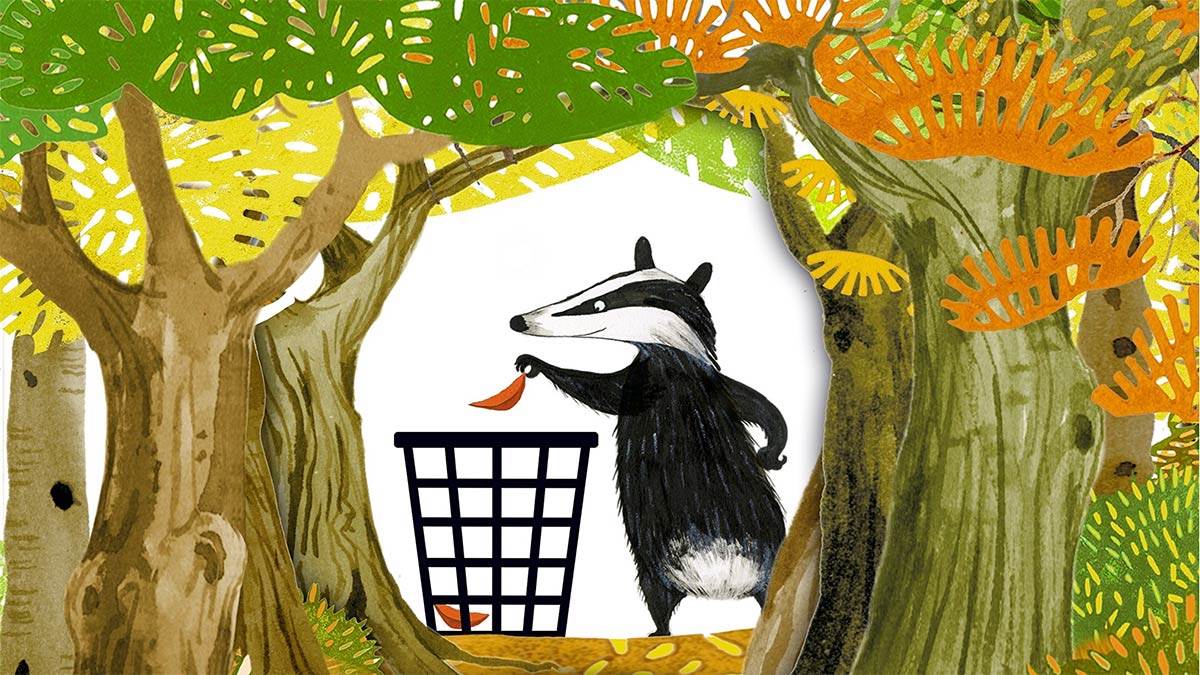 Illustration: Emily Gravett
Illustration: Emily Gravett






